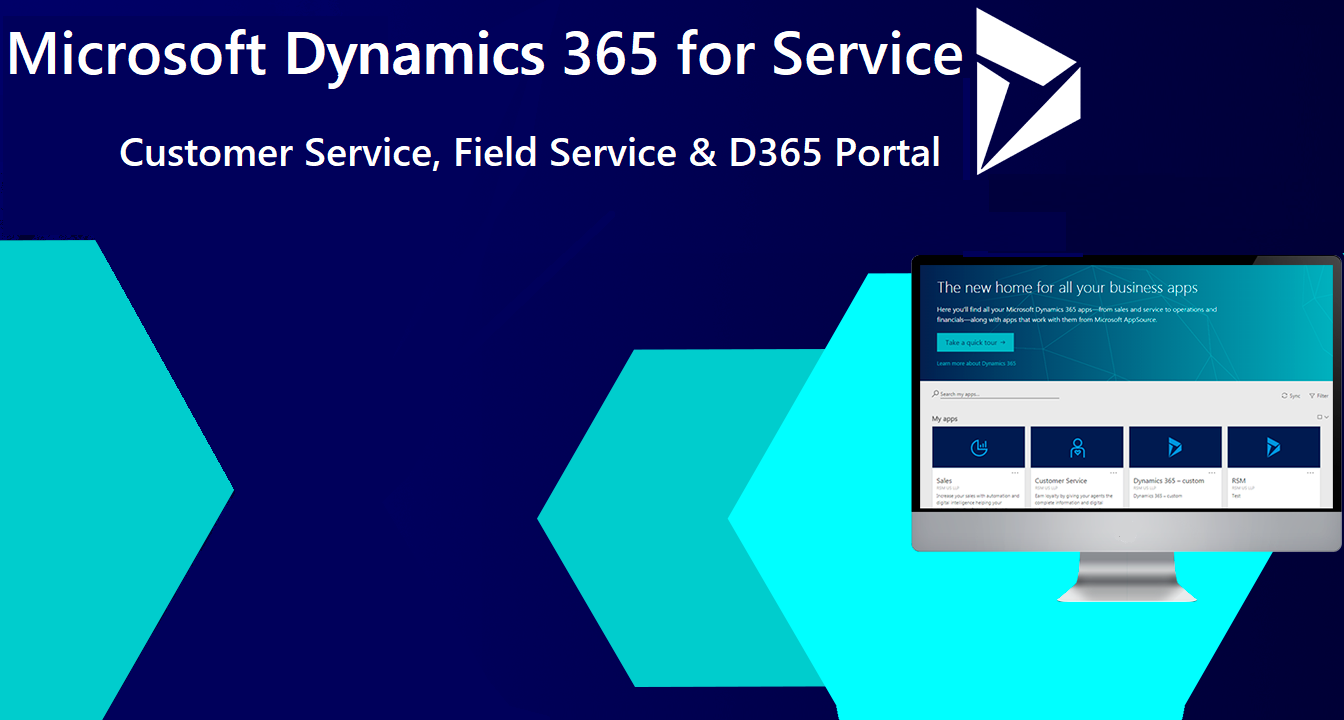| Feature | Release type | Target release month |
| Customer Service admin settings | General Availability | October 2018 |
Customer Service admin settings
One of the key goals for Dynamics 365 customers is quick deployment of their business processes. The Service Management module helps customer service managers automate various customer service processes, improve agent turn-around time, and lead toward optimum customer satisfaction. Service Management provides an admin the ability to configure and manage customer service tasks such as configuring public or private queues, setting up parent-child case settings, configuring routing rules, configuring automatic record creation and update rules, and setting up service level agreements (SLAs), among other capabilities.
With the latest release, Service Management moves under the Customer Service Hub, enabling customer service managers to access the configurations from inside the application. Built on the Unified Interface, the new Service Management helps to easily configure service tasks, enabling increased productivity.
You can access Service Management through the sitemap in the Customer Service Hub:

Within Service Management, you can customize various features. These include:
• Queues: Queues in Service Management come with a redesigned experience that helps to appropriately prioritize and monitor the progress of the assigned work.

Subjects: Subjects are a powerful mechanism to classify cases, knowledge base articles, products, and sales literature, thereby empowering agents and facilitating quick responses to customers.

- Case settings: With the Parent-Child case settings, cases can be linked together, enabling better response and tracking for common issues.
- Routing rules: Routing rules help automatic routing of cases to the right queue, user, or team without any manual intervention.
- Automatic record creation and update rules: These rules allow automatic creation or update of a case or related record based on incoming activities like email, social activity, or other categories of activities.
- Entitlement: Entitlements help define and quantify the support for which a customer is eligible. The support terms can be specified based on number of hours or number of cases.

- Entitlement templates: Entitlement templates enable a quick configuration experience by allowing reusable templates for setting up entitlements.
- Holiday schedule: Holiday schedule lets you accommodate holiday closures so that the SLA is not impacted.

- Customer service schedule: Customer service schedule can be used to define the business hours for your team.

- Service level agreements: Service level agreements are used for agreement on milestones of the service tasks. Service level agreements adhere to the configurations defined in the holiday schedule and customer service schedule.
Knowledge management settings: Knowledge management settings are used to enable entities for knowledge management and text analytics.

